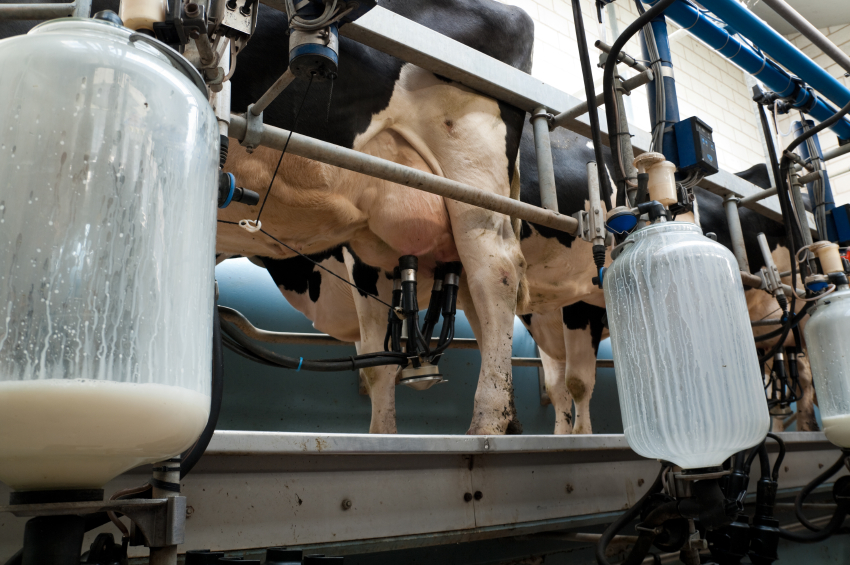
2015 saw a 12 percent rise in organic sales over the previous year, reaching $6.2 billion. The increase is even more dramatic when viewed over the longer term; organic spending has risen by 72 percent since 2008. Farmers are struggling to keep up with the surge in demand for organic food, with the proportion of American crop land devoted to organic production sitting at a measly 1 percent.
While the prospect of a greater organic food supply in the future is good news for consumers, some growers have expressed concern that they will be outbid for sources of organic feed as bigger firms enter the fray. In fact, some food giants are already offering financial incentives to spur more farmers to transition to organic.
Making the switch can be a costly endeavor, although it ultimately proves to be more profitable in the long run, as organic agriculture commands higher prices. Farms need to be free of any prohibited chemicals for a period of three years before they will be granted the certification, as the soil needs time to recover from chemical exposure. In the meantime, farmers cannot reap the benefits of higher organic prices, yet they must spend the money required to make the transition, which can be very difficult financially.
Farms getting help with organic transition
General Mills recently launched a program to buy organic milk at prices that were higher than the market price from the Organic Valley cooperative, with the stipulation that Organic Valley must place the extra money in a fund that can help reduce the costs for dairy farmers as they make this transition. Another program entails allowing farmers who are in the middle of the shift to organic to charge partial markups during the switch.
At the recent Organicology conference in Portland, many speakers and attendees came out in favor of a “transitioning to organic” certification that is being considered by the USDA and the Organic Trade Association. It could enable those farmers in the second year of the transition to possibly use the label to justify a slightly higher price as they inch closer to becoming fully organic.
Costco, meanwhile, has started lending money to farmers in order to help them increase their organic output to keep up with demand. Part of the money is being used to buy 1,200 acres of land and equipment to grow organic food in Baja, California. The retailer has also bought the first rights to certain food that is grown on the land. This initiative is beneficial all round, with the farm receiving the financing to boost its organic operations, Costco able to increase its bottom line, and consumers gaining more access to the organic options they desire.
Oregon Tilth transition services coordinator, Drew Katz, said that organic production could prove to boost the economy of rural areas. Meanwhile, the University of Wisconsin has started offering a course on organic grain production geared toward those from conventional farming backgrounds; enrollment doubled in its second year.
More and more people are shunning conventionally grown produce out of concern for their health and that of the environment. Common pesticides made of glyphosate, like Roundup, are known endocrine disruptors and have been labeled a probable carcinogen by the World Health Organization. People simply do not want to eat such toxic foods.
Pesticides are also behind the severe decline of species like the monarch butterfly.
All of this has led people to demand that their supermarkets start carrying more organic options, with many heading to farmers' markets or even growing their own organic produce at home. While there might be some hiccups along the way, such as more competition for organic feed, the rush toward organic “gold” is only going to benefit the population.
Sources include:
Please contact us for more information.























